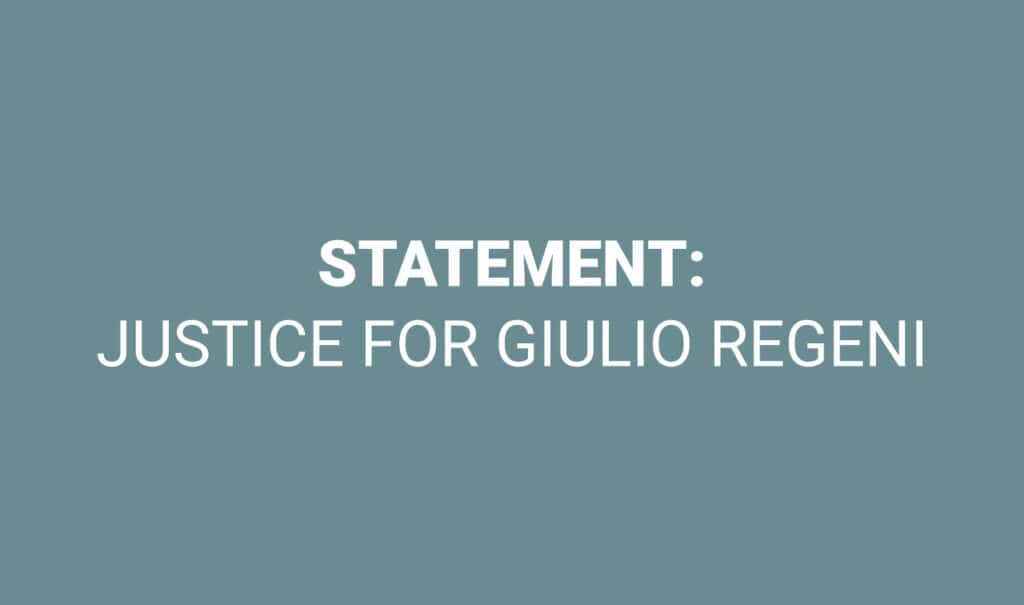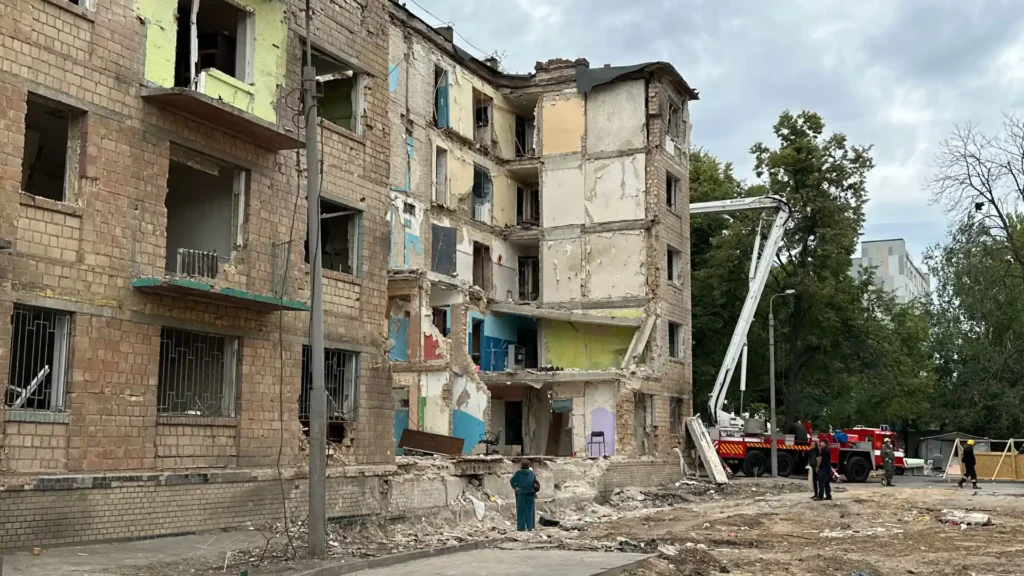Yesterday Italy’s Constitutional Court broke through an impasse in the prosecution of four Egyptian intelligence and law enforcement officers accused of torturing and murdering Italian student Giulio Regeni in Cairo in early 2016.
The court ruled that the trial could proceed in absentia – a trial where the defendant do not appear in court and do not nominate a defense lawyer – , even though the prosecution cannot dispositively show the officers are informed of the proceedings against them.
The breakthrough comes after years of stop-and-go procedural hurdles and utter non-cooperation from officials in Cairo.
Regeni, a PhD student at Britain’s Cambridge University who was studying Egyptian trade unions, disappeared in Cairo on 25 January 2016. His body was found almost a week later on the road to Alexandria. An autopsy revealed signs of extensive torture and a subsequent investigation uncovered that Egyptian security officials and police had been surveilling Regeni for weeks, mistakenly believing him to be a spy.
In the wake of the discovery of Regeni’s body, Egyptian authorities coached witnesses, refused Italian investigators’ requests for cell phone data, deleted surveillance footage and withheld addresses of accused individuals. In October 2022, a lower Italian court ruled that the trial must be stopped because it could not be shown that the four named defendants knew about the charges against them.
The right to fair trial is central to a just society. However, in a context like Egypt where torture is orchestrated as part of state policy, a dilemma can emerge where good faith human rights norms
are exploited to benefit bad faith perpetrators. This is exactly where the Italian Constitutional Court intervened.
“The Italian Judiciary should be commended for coming down on the right side of history. A dismissal in this case would have essentially provided a roadmap for autocrats on how to avoid accountability” said DIGNITY CEO Rasmus Grue Christensen.
“Egypt’s efforts to stump justice and accountability are a cynical strategy to take advantage of critical human rights protections. The Italian court was right to disallow perpetrators of the gravest human rights abuses, and the governments they work for, to weaponize human rights protections against those seeking justice.”
The Italian’s court ruling is likely to pave the way to a strengthened jurisprudence around cases of international accountability, especially when current or former state’s officials are still under the protection of their State and not willing to stand a fair trial.
“The reopening of the Regeni trial sends a message to all countries where enforced disappearances, torture and extra-judicial killings are part of the State’s systems and happen systematically; the message is that accountability of perpetrators and justice for victims can be sought beyond the national borders and repressive regimes cannot prevent it”.





